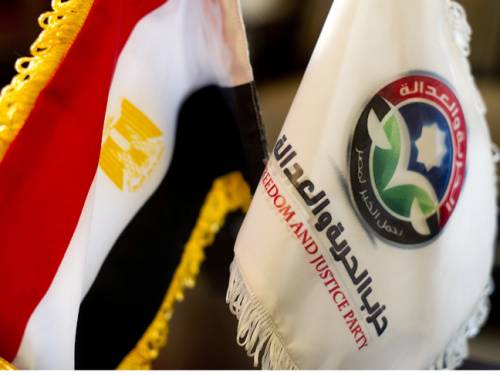
(AFP File Photo)
IDF spokesman Major Arye Shalicar told Daily News Egypt on Thursday that about two kilometres remain of the 242-kilometres fence separating the Egyptian-Israeli border.
Shalicar explained that the fence is built to secure the border from terrorist attacks, illegal immigrants, human trafficking and the smuggling of drugs and weapons.
The fence extends from Eilat to Karm Abu Salem (Karam Shalom). It is worth approximately NIS 1.9bn and “will not affect the Rafah border crossing”, according to the Israeli Ministry of Foreign Affairs (MFA).
Spokesman of the Egyptian Ministry of Foreign Affairs Badr Abdelatty said: “The fence is being built on the Israeli side, and that is their business.”
When asked about the Egyptian-Israeli security cooperation, spokesman of the Israeli MFA Palmor Yigal said: “It is a good cooperation based on common interests and benefiting both sides.” Abdelatty stated that a joint military committee has been set up to act as coordinator between the Egyptian and Israeli military forces.
According to the Israeli Ministry of Foreign Affairs, approximately 55,000 illegal immigrants and asylum seekers have entered Israel through the Egyptian border, 60% of which are from Eritrea and 25% from Sudan. Others come from other African countries, including Ethiopia, Congo, Nigeria and Ghana.
Illegal migrants can demand a refugee status. If they choose not to do so, they are allowed to stay until arrangements can be made to return them to their country of origin. Many have been issued working permits, which have recently been revoked.
Refugees from Darfur are granted collective protection, but that does not entail a refugee status. The Israeli government will pass a law regarding mandatory detention in an open detention centre for a given period of time.


